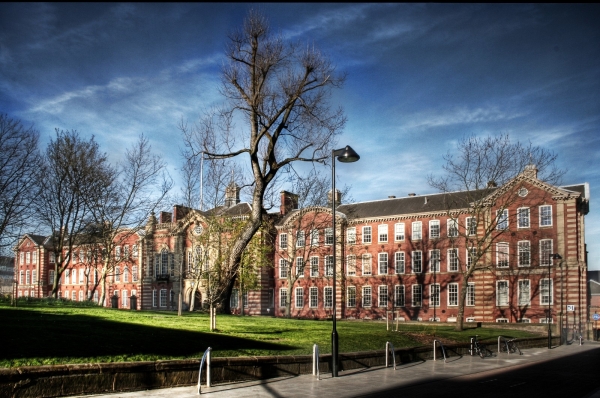https://www.sheffield.ac.uk
Description
Located in the city of Sheffield, South Yorkshire, the University of Sheffield is a public research university, a member of the Russell Group of research-led universities, and one of the UK’s original redbrick universities. It was first established in 1897 when the Sheffield Medical School, Firth College and the Sheffield Technical School joined forces to create the University College of Sheffield. It became the University of Sheffield just 10 years later and founded on the penny donations of Sheffield factory workers who hoped a university would benefit their children, health and local economy. Today the university teaches 25,000 students, including around 3,900 international students from 120 countries, and employs approximately 6,000 staff. Its academic departments are divided into six faculties: arts and humanities, engineering, medicine, dentistry and health, science, social sciences, and international faculty, city college, Thessaloniki, Greece. Its motto translates as "To discover the causes of things". Sheffield can lay claim to five Nobel Prize winners among its alumni and faculty: Lord Florey for the 1945 Medicine / Physiology Prize, Sir Hans Krebs for the 1953 Medicine / Physiology Prize, Lord Porter for the 1967 Chemistry Prize, Richard Roberts for the 1993 Medicine / Physiology Prize, and Sir Harry Kroto for the 1996 Chemistry Prize. Among its alumni are the authors Hilary Mantel and Lee Child, the 2012 Olympic gold-winner Jessica Ennis-Hill, chemist and first Briton in space Helen Sharman, and the first woman to fly solo from Britain to Australia, Amy Johnson. Outside of the university itself, which ranks among the top in the UK for student experience, students at Sheffield can enjoy a thriving, cultural city with a reputation for being inexpensive. The city also benefits from its close proximity to the Peak District, a national park and area of outstanding beauty. It is also within striking distance of other major cities in the North of England, including Leeds, Manchester and Newcastle.
Specific details
Location
Western Bank, Sheffield, South Yorkshire, S10 2TN, United Kingdom




